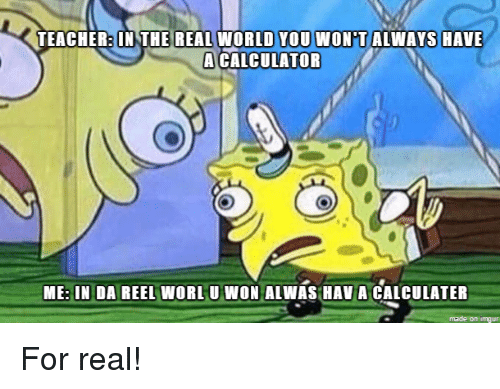Since the premise uses the word “should” rather than “must,” then I’ll go right ahead and declare that humanities students should learn to code. I assume most students are probably required to learn math at some point in their K-12 education for various reasons that most likely do not include situations when calculators do not exist

but do encompass reasons such as quantitative reasoning skills. And regardless of the extent to which those skills are retained throughout life, engaging the brain in different ways and having a balanced education can probably only be a benefit. Similarly, the thinking and skills gained from even just a small exposure to coding help broaden one’s knowledge and exercise the brain in new ways. Coding offers its own take on quantitative reasoning skills and “is a creative and generative activity…
Programming is about choices and constraints, and about how you choose to model some select slice of the world around you in the formal environment of a computer.
“Hello Worlds (Why Humanities Students Should Learn to Program).” Matthew G. Kirschenbaum, 26 May 2010, mkirschenbaum.wordpress.com/2010/05/23/hello-worlds/.
Contrary to my position stated above, however, up until Fall 2019 of my junior year I had been adamant that I would never ever take a CS course in my academic career. I had reasoned that if I really wanted to learn to code I could just continue that Codecademy course I had briefly started back in high school. But within the first week of the term my schedule had morphed into a form unrecognizable from its shape when I registered the previous term. And Intro to CS ended up securing the final, snug spot in my schedule after I had tried and dropped two other courses. Since then I have never used Python again and can barely recall anything of use (which makes me question why I even have it on my resume), but I still think that in the moment it was a good experience. Like taking one art course amidst a schedule of STEM courses, taking that one CS course served as almost a break from the uniformity of my psychology major courses. It required different kinds of thinking and a logic that I had never realized even existed. Plus, the games, although quite primitive, that I made in the class were much more tangible and usable compared to the theoretical musings I wrote in my research papers, which was a welcome change for me. It felt good to be able to actively engage in a product I had created.
More recently, I’ve also tried out ChucK in Computer Music and am currently in the process of picking up R in Applied Regression. And for both of these, I’ve just been really satisfied with seeing something actually happen when I type stuff into my computer, which is far from the case when I’m toiling away at my comps that has a deadline much too close for comfort.
And here’s some of my code (that produces an artificial-sounding rendition of “Jingle Bells”) from Computer Music that was pretty fun to figure out:
//Play Jingle Bells
fun void jingle()
{
TriOsc t => dac;
[52,52,0, 52,52,0, 52,52,52,52,0, 52,52,0, 52,52,0, 52,52,52,52,0, 52,52,0, 55,55,0, 48,48,48,0, 50,0,
52,52,52,52,52,52,52,52,0, 53,53,0, 53,53,0, 53,53,53,0, 53,0, 53,53,0, 52,52,0, 52,52,0, 52,0, 52,0,
52,52,0, 50,50,0, 50,50,0, 52,52,0, 50,50,50,50,0, 55,55,55,55,0, 52,52,0, 52,52,0, 52,52,52,52,0, 52,52,0, 52,52,0, 52,52,52,52,0,
52,52,0, 55,55,0, 48,48,48,0, 50,0, 52,52,52,52,52,52,52,52,0, 53,53,0, 53,53,0, 53,53,0, 53,53,0,
53,53,0, 52,52,0, 52,52,0, 52,0, 52,0, 55,55,0, 55,55,0, 53,53,0, 50,50,0, 48,48,48,48,48,48,48,48,48,48,0] @=> int tune[];
for (0=> int i; i < tune.cap(); i++)
{
Std.mtof(tune[i]) => t.freq;
.1::second => now;
}
}

I’m looking at your code and trying to hum “Jingle Bells” in my head, but I can’t seem to get it right. I’m probably reading it the wrong way.
Wyen, you made a really good point by comparing coding to math education. I agree that regardless of its practical application, learning to code can be beneficial. Also, your code looks very interesting!